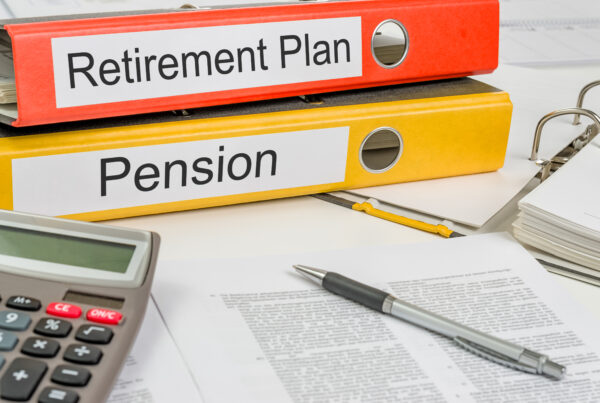As 2019 ended, who would have thought that by March 2020 our news headlines would be filled with talk of pandemic and lockdown that has thrown our economic stability away and impacted our personal finances. The unpredictability of the changing situation has caused the markets to spiral and given us all a sense of unease and panic. We will not know the full impact on Ireland’s economy and businesses, which are yet to be determined, but there are a few things you can do to help you feel more secure and plan better during a time of financial uncertainty.
Seek help if you need it.
As of the end of April 2020, there are approximately 602,000 people in receipt of the ‘Pandemic Unemployment Payment’ and a further 425,000 approximately in receipt of the ‘Covid-19 Temporary Wage Subsidy’. The crisis has had a significant impact on the labour market in Ireland and a new Covid-19 Adjusted Measure of Unemployment could indicate a rate of 16.5% if all claimants were classified as unemployed. (www.cso.ie)
The financial support being received from the various Government Covid-19 schemes can make a huge difference when income security is at an all-time low and letting go of staff is inevitable. Even with the prospect of relying on the Government for financial assistance during an unpredictable time, reaching out for support can help reduce a heavy impact on our finances, savings, and investments and also help with managing our emotional health during a time of crisis.
Stick to your long-term goals.
If retirement is not in the near future, do not forget that investing is a long-term game. Make sure you stick with your investing strategy unless your strategy is to time the market (which can rarely work, even for professionals). When you panic and deviate from your strategy (like pulling out of the market when your strategy is to hold), you can risk losing the potential gains you’ve made in the past or lose significant amounts of your capital. Look to seek guidance from investing experts if you are concerned about the impact on your investments to help you stay on course during the market unease.
Do not panic and plan now
If you’re not impacted now, but expect to be in the future, start creating a crisis budget that helps to eliminate all non-essential spending and give you a financial runway to ensure you have enough for the essentials like food, rent or mortgage payments, critical medicines, and any ongoing bills. Being on top of your finances now can help reduce making decisions in a time of panic and pressure. It will also give you a clear idea of what you can cut back on and how long your savings and emergency fund will last you. This process does not have to be complicated. You can use a simple method like an excel spreadsheet or a budget program/app to help track your current income, expenses and your savings to help determine exactly where your money is going and how to make it stretch.
Be prepared for the change.
Be mindful that when the pandemic starts to ease off, you wait a while before returning back to your normal spending habits and resist the urge to splurge on luxury items after being in lockdown or self-isolation. This type of spending can wipe out your emergency savings or help you stop from going into further financial strain while your emergency savings are being rebuilt. A good guide for emergency funds is to have around 3 – 6 months’ worth of expenses saved that are easily accessible in a savings account. To help you manage this, open up a separate savings account with your bank (ideally one with little to no fees) and set up automatic deposits so you’re not tempted to spend when you don’t need it. You can also avail of online line banking with various international providers who offer free banking and options to add sub-accounts to save for specific events. When saving, one of the golden rules is to automate where possible and to avoid having us humans interfere with the process.
Being prepared in all areas including your finances will help you during this uncertain time and help you for any future bumps along the road. Remember to focus on your long-term goals when it comes to investing, know how much you need during a crisis and do not be afraid to seek help. This uncertainty will pass, so do not panic.
Written by Tomas O’Driscoll CFP®
and Life and Money Ireland





Recent Comments